what american companies make lifepo4 batteries
What American Companies Make Lithium-Iron-Phosphate (LiFePO4) Batteries? A Comprehensive Guide
The demand for lithium-ion battery solutions has surged in recent years, driven by the global shift toward green energy, home energy storage systems, and sustainable living. Among the various battery chemistries, lithium-iron-phosphate (LiFePO4) batteries have gained significant traction due to their safety, durability, and environmental benefits. In the United States, several companies are at the forefront of manufacturing LiFePO4 batteries and integrated storage systems. This article explores the key American companies making lithium-iron-phosphate batteries, their innovations, and the broader implications for the renewable energy and electric vehicle industries.

1. Tesla (Tesla Energy)
Tesla is one of the most notable American companies in the lithium-ion battery space. While Tesla primarily uses nickel-cobalt-aluminum (NCA) batteries for its vehicles, the company has also ventured into lithium-iron-phosphate (LFP) batteries for certain applications. Tesla’s Powerwall, an integrated home energy storage system, leverages LiFePO4 technology for enhanced safety and longer cycle life. Tesla’s vertically integrated supply chain ensures a steady flow of materials, and the company continues to innovate in battery chemistry and design.
2. Panasonic (North America)
Panasonic remains a key player in the global battery market, with significant manufacturing operations in the U.S. The company has been exploring LFP technology for stationary storage systems, particularly in the renewable energy sector. Panasonic’s expertise in lithium-ion battery manufacturing, combined with its partnerships in the automotive industry, positions it as a leader in both consumer and industrial-grade LFP batteries.
3. A123 Systems
A123 Systems is a leading developer and manufacturer of lithium-ion batteries in the U.S. Specializing in high-performance LiFePO4 batteries, the company serves a diverse range of markets, including electric vehicles, grid storage, and industrial applications. A123 Systems is known for its robust battery solutions that combine safety, efficiency, and scalability. Their products are widely used in energy storage systems for renewable energy integration and home energy hubs.
4. HNB (Honeywell, North America)
Honeywell International, a Fortune 100 company, has been actively expanding its presence in the lithium-ion battery sector. Through its subsidiary, Honeywell, North America, the company is developing LFP batteries for use in home energy storage systems and industrial applications. Honeywell’s focus on sustainable technologies aligns with the growing demand for reliable renewable energy storage solutions.
5. Blue [‘Technology]
Blue [‘Technology] is an innovative American company specializing in the production of LiFePO4 batteries. The company has gained recognition for its environmentally friendly and cost-effective battery solutions, particularly for home energy storage and off-grid applications. Blue [‘Technology]’s focus on sustainability and advanced battery management systems makes it a promising player in the U.S. LiFePO4 market.
6. Drawnergy (Draw Line Power Systems)
Drawnergy, a U.S.-based company, specializes in the design and production of lithium-iron-phosphate batteries for residential and commercial energy storage. The company’s products are known for their high energy density, long cycle life, and compatibility with home energy hubs. Draw Line Power Systems has been actively promoting the adoption of renewable energy through its reliable and efficient LiFePO4 solutions.
7. Romeo Power
Romeo Power is a Los Angeles-based electric vehicle battery developer and manufacturer. While the company primarily focuses on NCA batteries, it has also explored LFP technology for certain applications. Romeo Power’s vertically integrated manufacturing process ensures high-quality LiFePO4 batteries for both automotive and stationary storage markets.
8. E-One Motor
E-One Motor is a U.S. company that produces a range of electric motors, controllers, and LiFePO4 batteries for electric vehicles (EVs). The company’s off-grid energy storage solutions have gained popularity among off-grid homeowners and renewable energy enthusiasts. E-One Motor’s focus on sustainability and affordable battery solutions makes it a key player in the LiFePO4 market.
9. PULSE Energy Storage
PULSE Energy Storage is a California-based company known for its innovative LiFePO4 battery solutions. The company provides energy storage systems for renewable energy integration, home energy hubs, and industrial applications. PULSE Energy Storage’s products are designed to meet the growing demand for reliable and efficient energy storage solutions in the green energy sector.
10. The New York Battery and Energy Storage Technologies (NY-BEST)
While not a manufacturer per se, NY-BEST plays a crucial role in advancing battery technology in the U.S. This public-private partnership works to accelerate the development of lithium-ion and other battery technologies, including LiFePO4. NY-BEST’s efforts are instrumental in fostering innovation, improving supply chain efficiency, and supporting startups in the battery manufacturing space.
The Growing Importance of Lithium-Iron-Phosphate Batteries
LiFePO4 batteries are increasingly being favored for their unique advantages. Unlike traditional lithium-ion batteries, LFP batteries are more thermally stable, making them safer for use in homes and industrial environments. Additionally, LFP batteries have a longer cycle life, which is ideal for renewable energy storage systems and electric vehicles. As the world shifts toward green energy, the demand for LiFePO4 batteries is expected to grow exponentially.
Challenges in the Lithium-Iron-Phosphate Battery Supply Chain
Despite the growing popularity of LiFePO4 batteries, the industry faces several challenges. The supply chain for lithium, iron, and other critical materials is becoming increasingly complex. Geopolitical tensions, raw material shortages, and environmental concerns are among the key issues that could hinder the large-scale production of LFP batteries. To address these challenges, manufacturers are exploring ways to diversify their supply chains, improve recycling processes, and develop more sustainable battery technologies.
The United States is home to several key players in the lithium-iron-phosphate battery industry, each contributing to the development of more sustainable and reliable energy storage solutions. Companies like Tesla, Panasonic, A123 Systems, and Blue [‘Technology] are at the forefront of innovation, leveraging their expertise to meet the growing demand for lithium-ion battery solutions. As the global transition toward renewable energy accelerates, the role of these companies in ensuring a stable supply of LiFePO4 batteries will become increasingly critical.
By addressing supply chain challenges and continuing to innovate, American manufacturers can position themselves at the center of the green energy revolution, providing the reliable and efficient energy storage solutions needed to power a sustainable future.

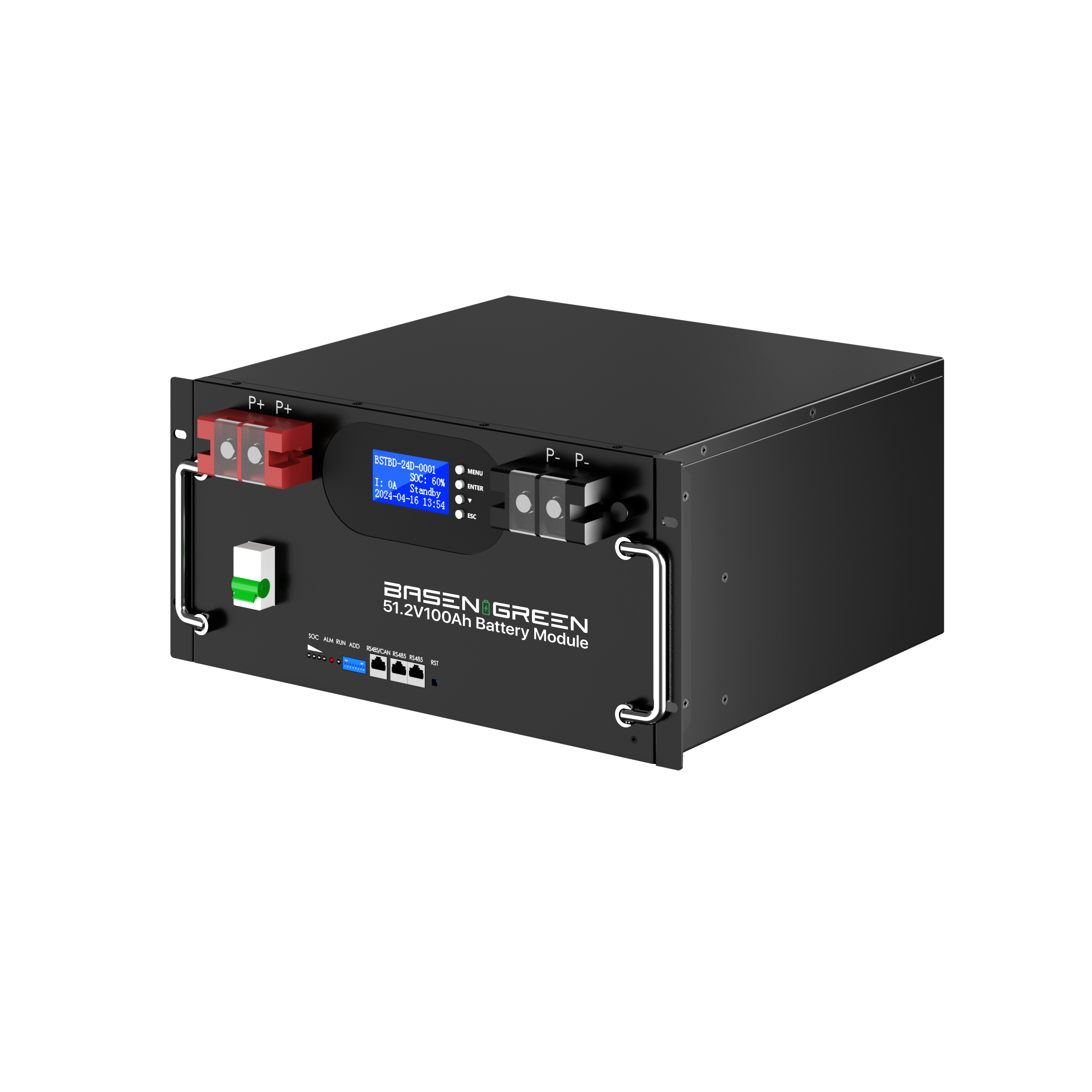
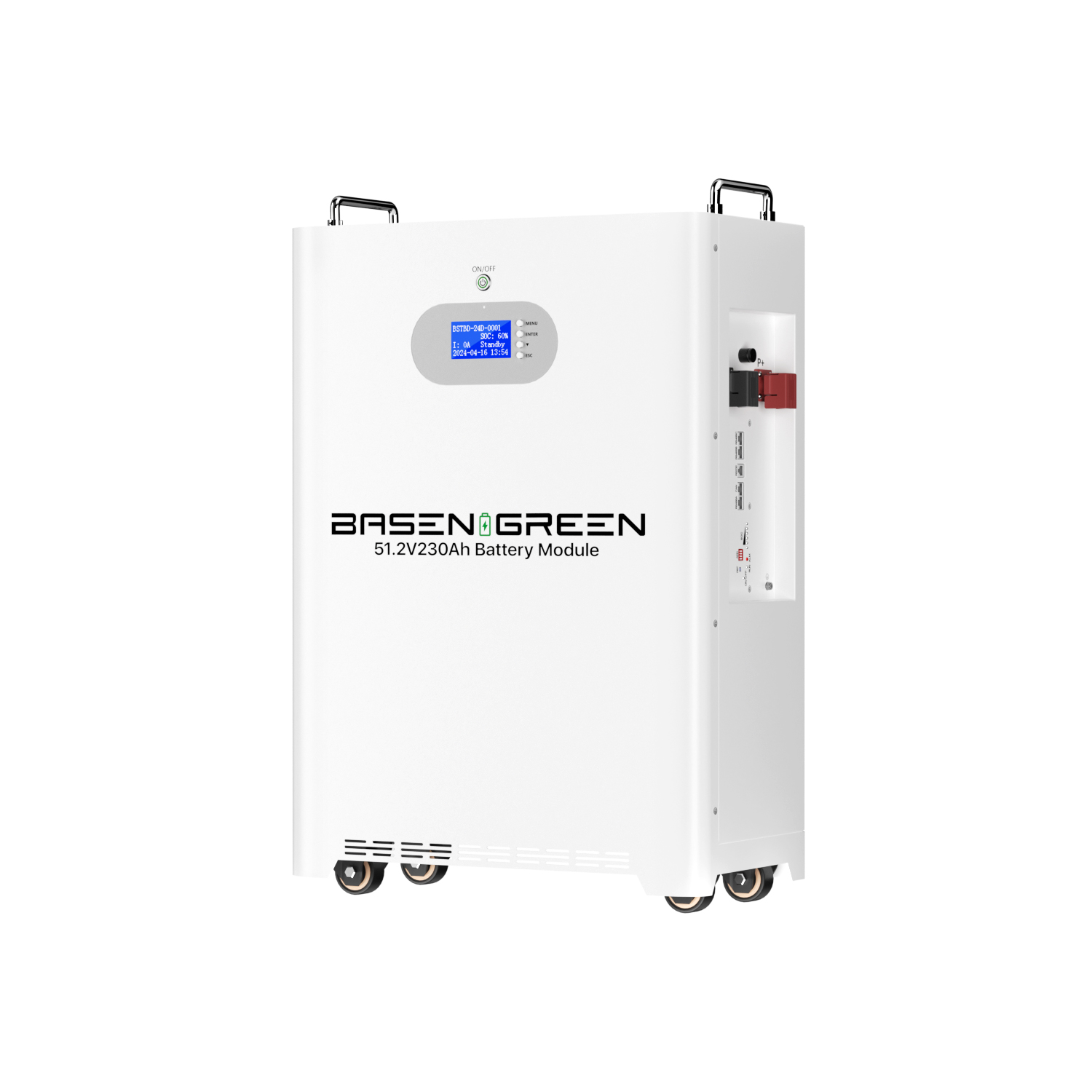
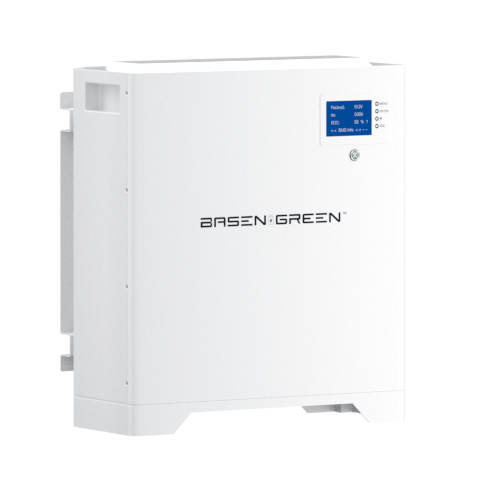
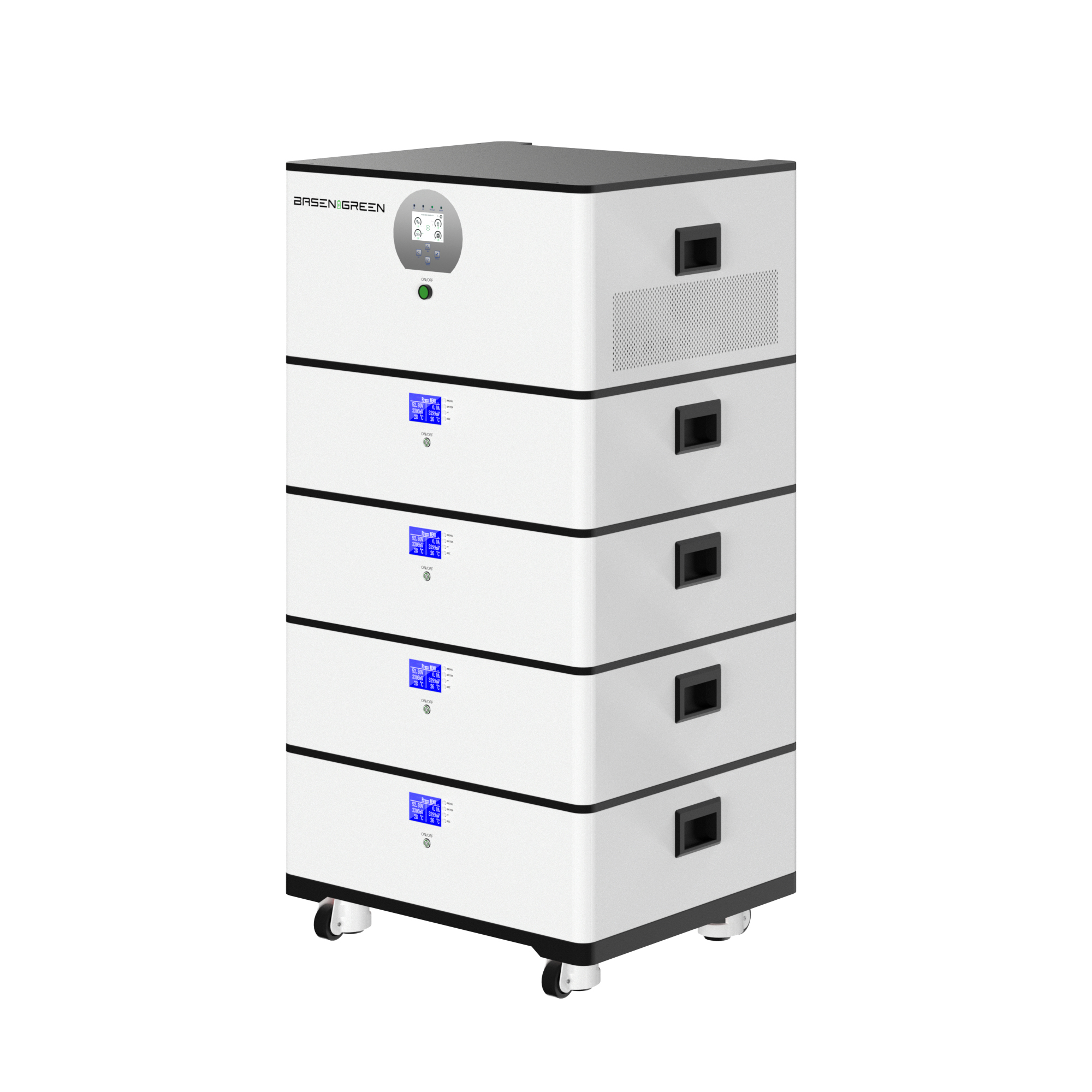

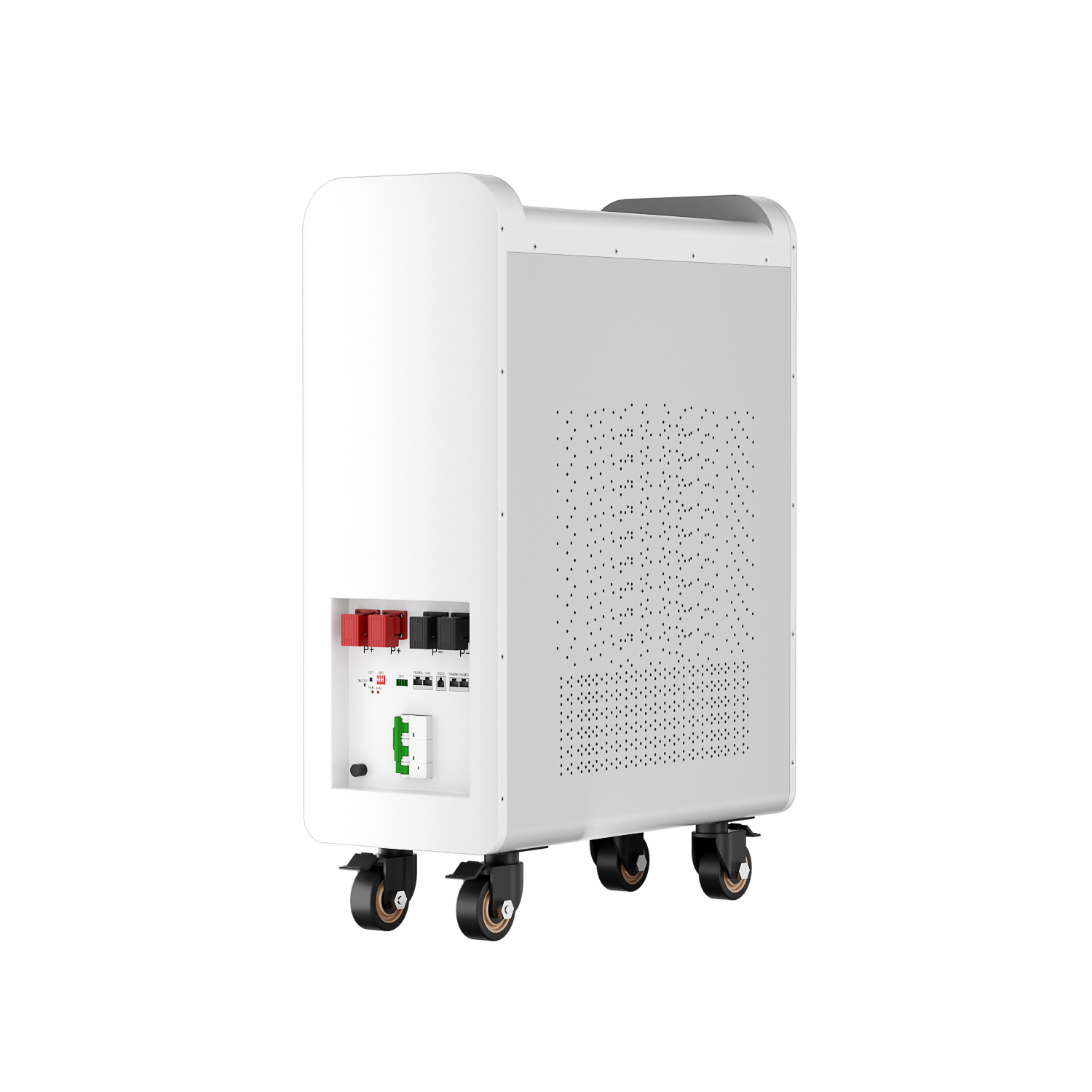
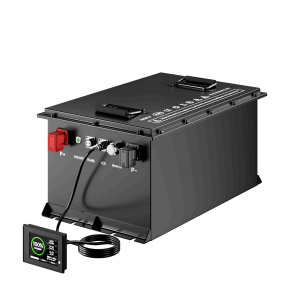
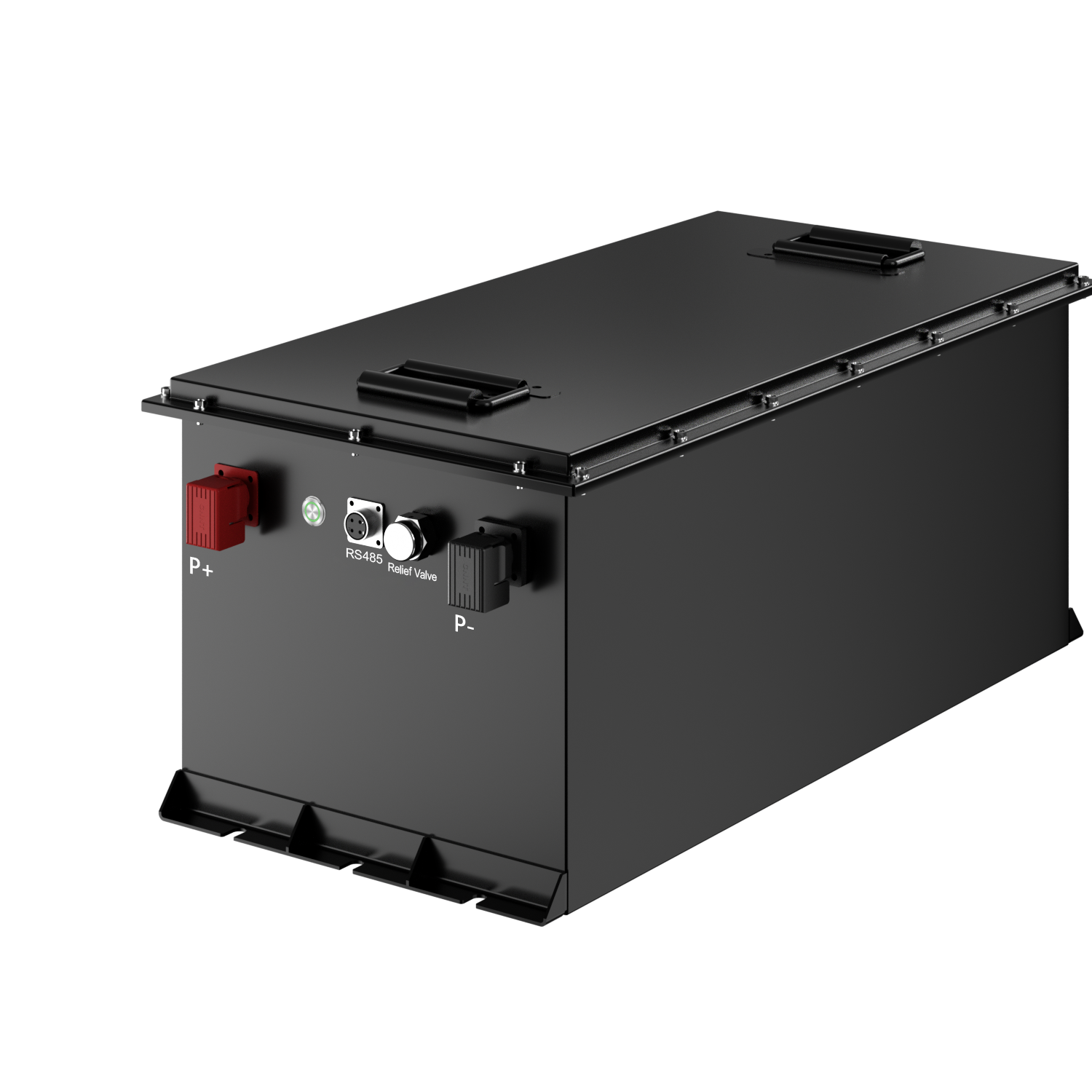
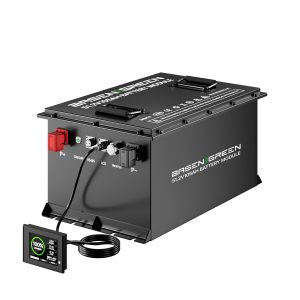
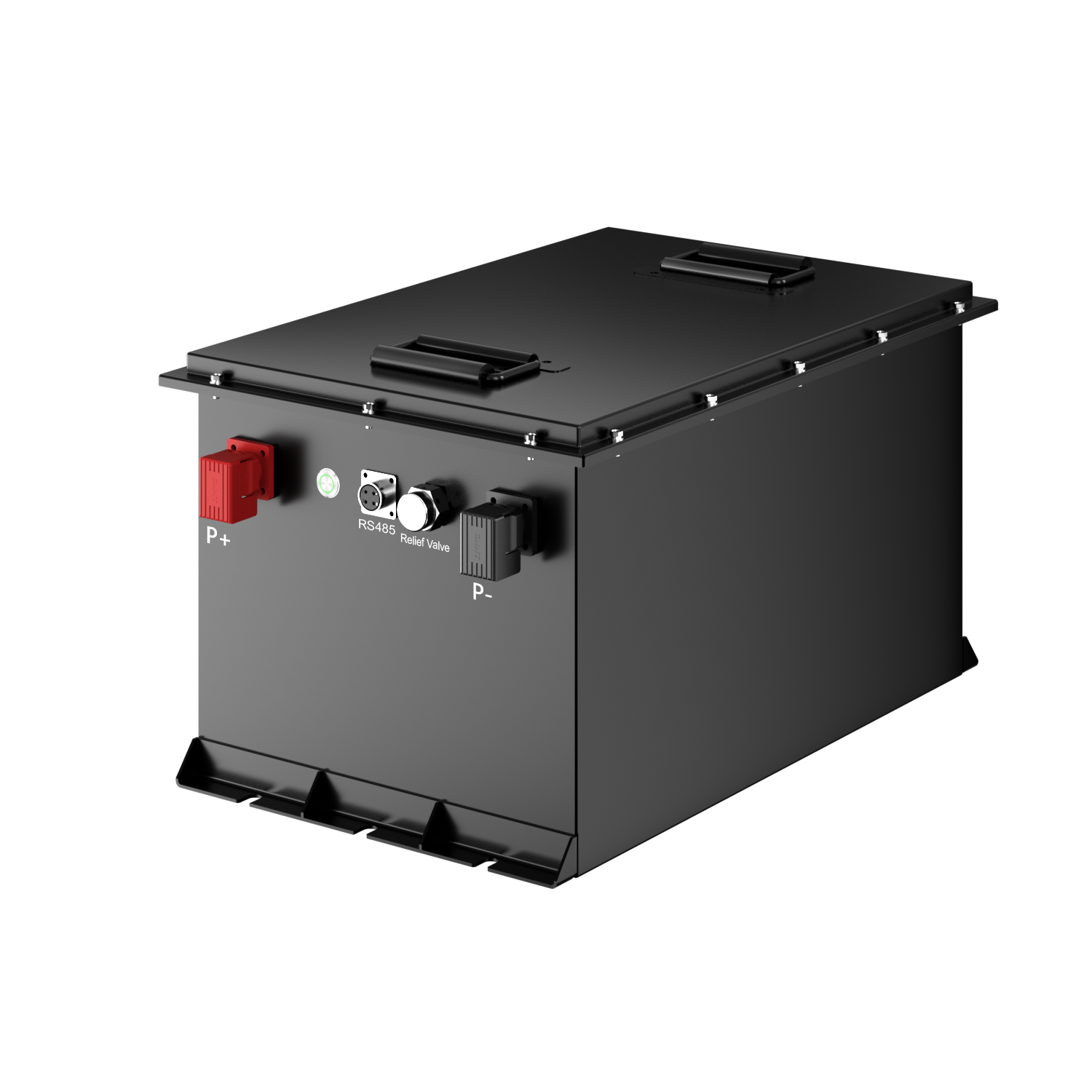
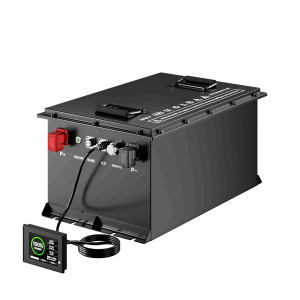
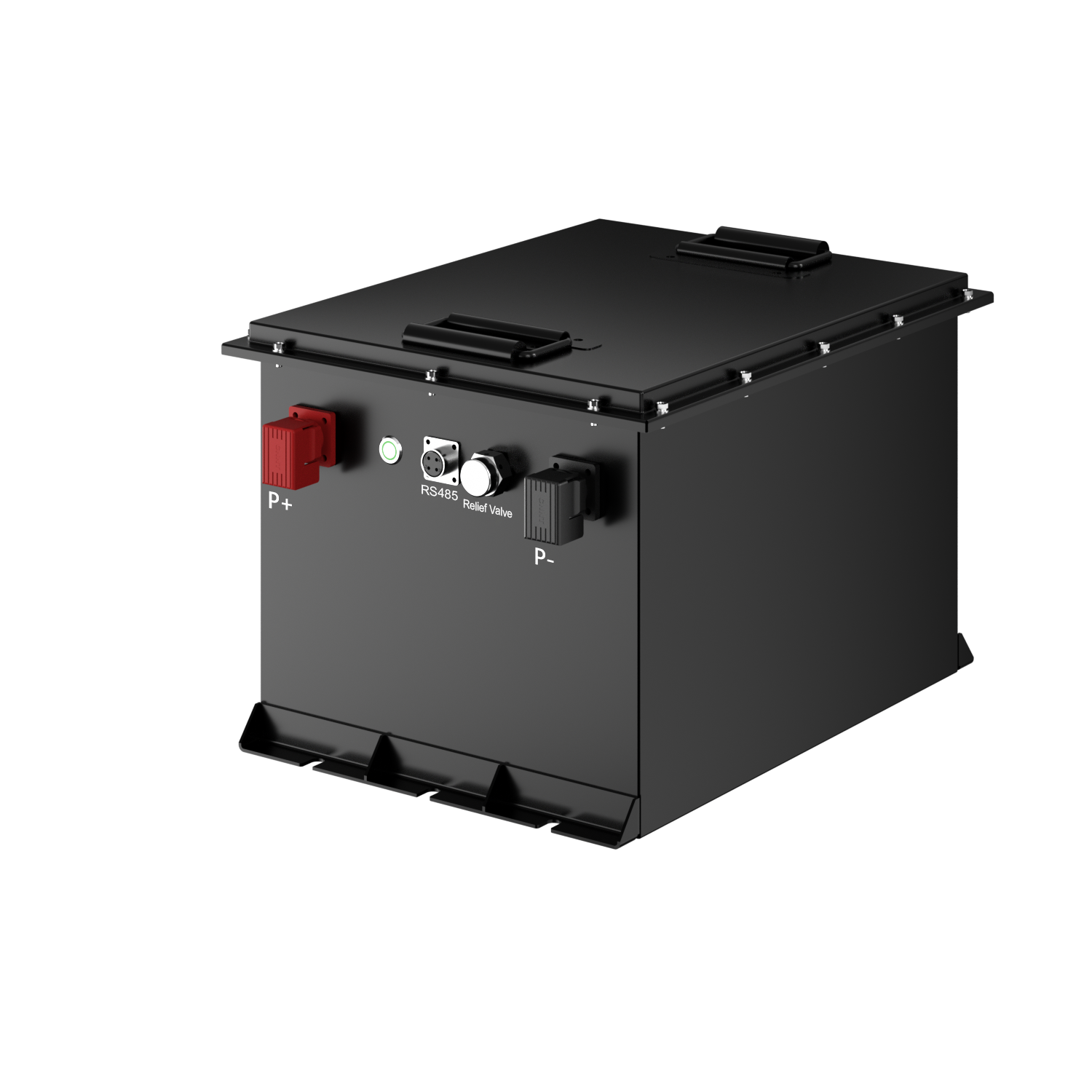
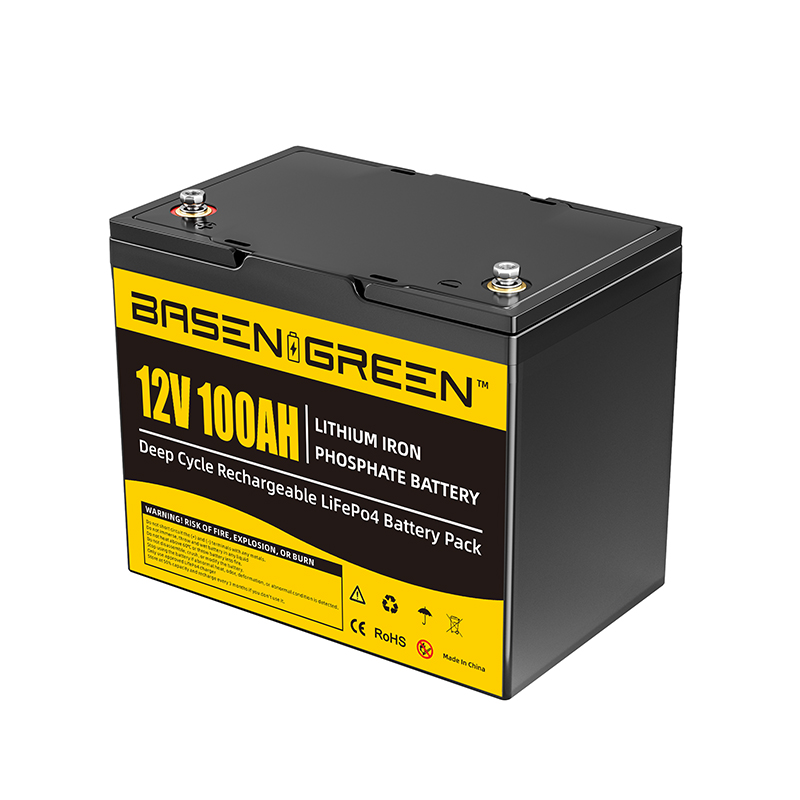
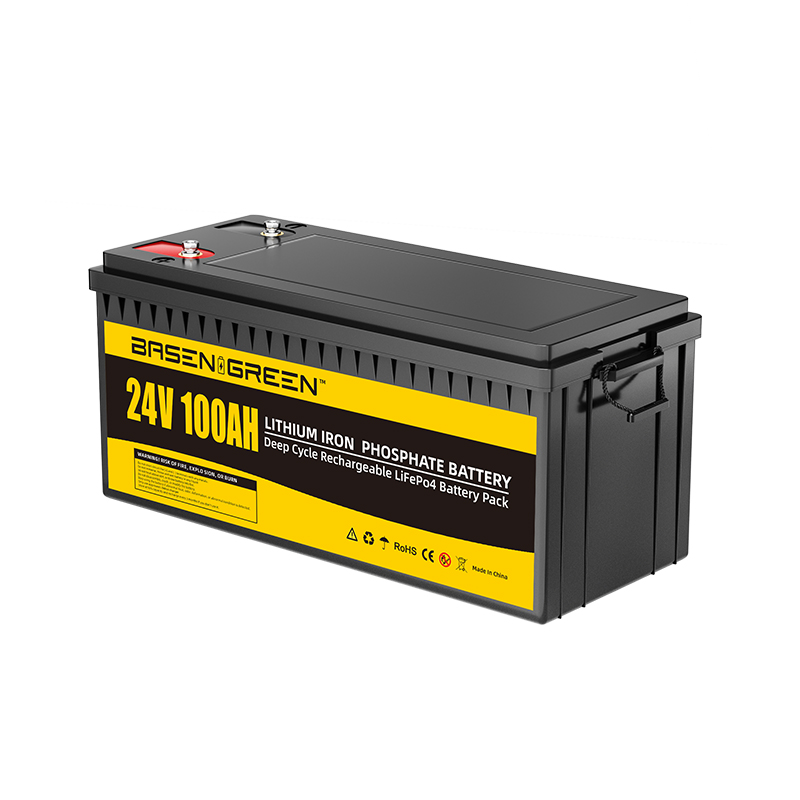
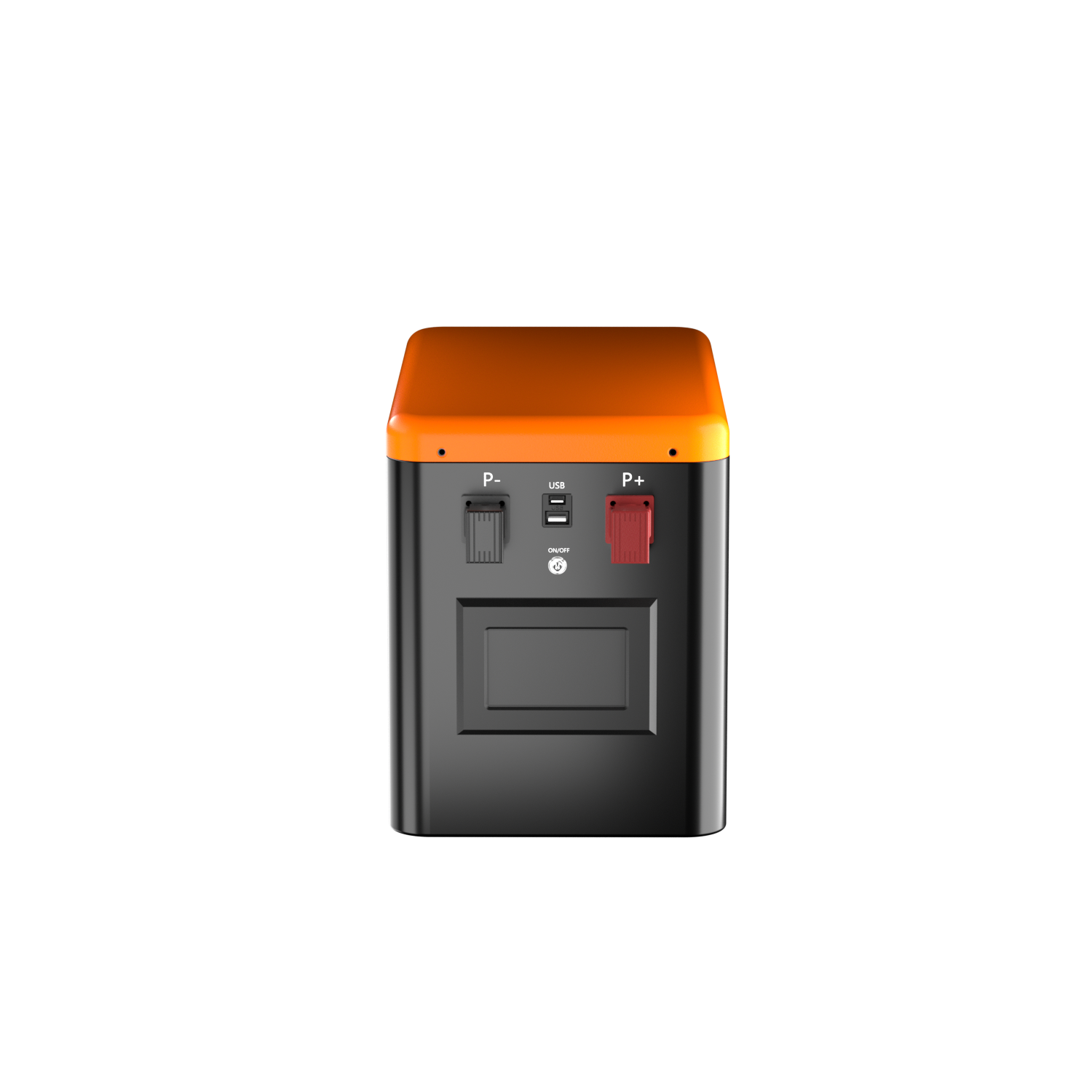
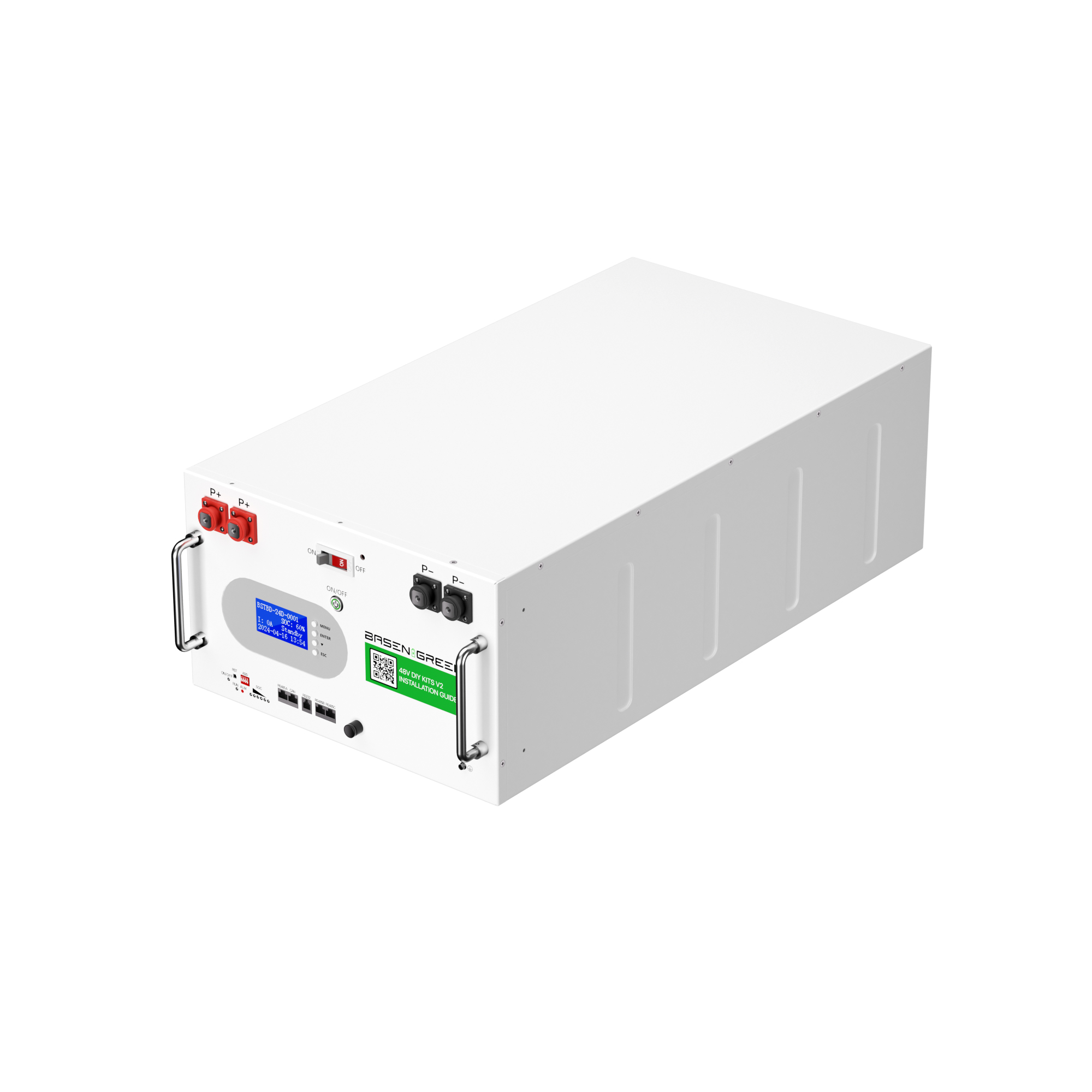
.png)